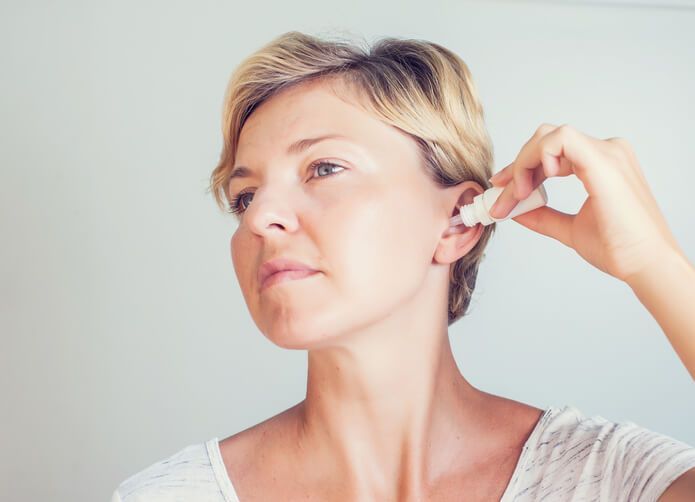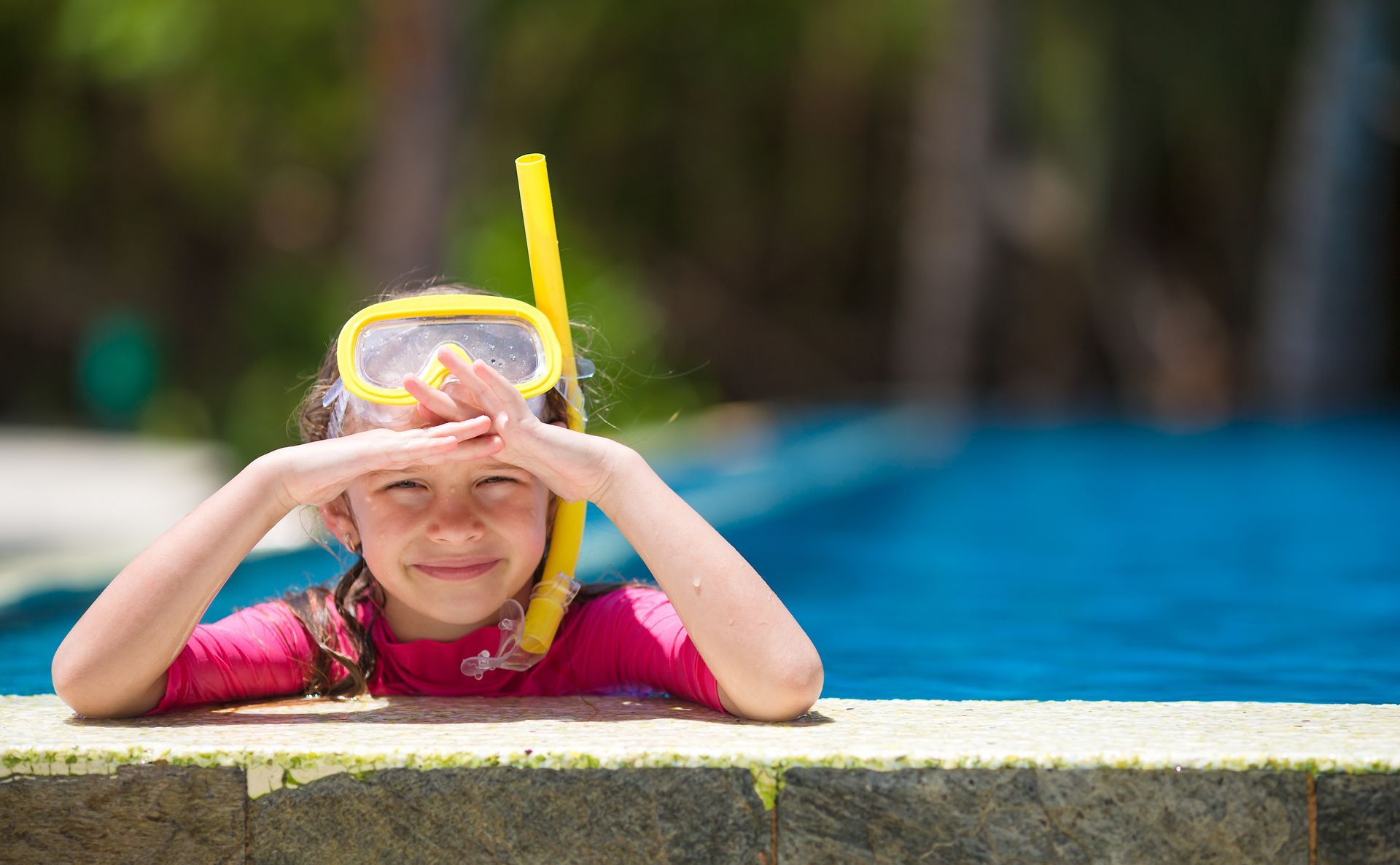How to Prevent and Treat Swimmer’s Ear

Swimmer’s ear can be mildly annoying or excruciatingly painful, and is not limited to swimmers. Any exposure to water, like hot tubs or long soaks in the bath, can result in water being trapped in the ear. If you believe you have swimmer’s ear, see your doctor as soon as possible for diagnosis and swimmer’s ear treatment. Once you feel better, you can follow these simple tips to prevent swimmer’s ear in the future.
What’s Swimmer’s Ear?
Otitis externa , or swimmer’s ear, is a bacterial infection of the outer ear canal. How do you get swimmer’s ear? It is caused by water getting trapped in the outer ear, creating the moist environment needed for bacteria to grow. Swimmer’s ear can also be caused when the lining of the outer ear gets irritated. Irritants can include cotton swabs and other foreign objects like car keys or hairpins being used to clean the ear. Hair products can also irritate the ear lining.
Certain skin conditions can exacerbate irritation of the ear lining thereby increasing the probability of swimmer’s ear. If you suffer from psoriasis, seborrhea, or very dry skin, you should take extra caution with your ears.
Photo Credit: Aleksej Sarifulin
What are the Symptoms of Swimmer’s Ear?
Doctors usually diagnose swimmer’s ear as mild, moderate, or advanced, depending on the severity of the symptoms. Mild swimmer’s ear symptoms can include:
- Mild discomfort of outer ear
- Mild itching
- Slight redness
- Discharge of clear fluid
Swimmer’s ear progresses to moderate when the symptoms worsen to:
- More intense itching
- Increased pain in ear and down neck
- Redness increases
- Discharge becomes excessive and turns to pus
- Ear feels blocked
A severe swimmer’s ear diagnosis is made if:
- The pain becomes very intense
- Redness increases and is accompanied by swelling
- There is a complete blockage of the ear canal
- Fever accompanies symptoms
- Lymph nodes become inflamed
What is the Treatment for Swimmer’s Ear?
A good first step to treat swimmer’s ear is a home remedy. Mix one part vinegar with one part rubbing alcohol to make eardrops. Apply to the ear while laying on one side to let the alcohol reach the water inside the ear and help dry it up. This home remedy eardrop mixture also aids in clearing up any of the bacteria which helps prevent further infection.
In the event of a more severe swimmer’s ear infection, it should be treated by a medical professional to ensure that it does not progress in severity—which can lead to long-lasting or even permanent damage.
Antibiotic ear drops are usually the first course of swimmer’s ear treatment ordered by the doctor. Make sure your ears are clear and that you are allowing the drops to fully saturate. Again, the best way to administer a dose is to lie on your side and have someone put the drops in for you, then remain that way for a few minutes. If ear drops alone do not clear up swimmer’s ear, then an oral antibiotic and/or steroid drops may be added.
How Can You Prevent Swimmer’s Ear?
If you are wondering how to get rid of swimmer’s ear, you may want to learn how to prevent it from happening in the first place. There are a number of things you can do to prevent swimmer’s ear including:
- KEEP YOUR EARS DRY. This is the primary rule in the prevention of swimmer’s ear. Gently dry the outer ear with a towel as you tilt your head to drain water from the ear. You can also use a blow dryer on its coolest setting, held at least a foot away from your ear—but be cautious with this technique.
- Do not stick any foreign objects in your ears for any reason. This will only irritate the lining. Make sure hearing aids and earbuds are clean and safe.
- Use drops before and after swimming or prolonged exposure to water. A couple drops of rubbing alcohol after swimming can promote drying, but do this in moderation as excessive drying can lead to further irritation. Olive oil can keep the ear lubricated and repel water.
- Use earplugs that are for swimming or that will definitely keep water out of the ear canal. Do not use foam plugs that are used for sound resistance, as they will just fill with water.
- Pay attention to notices about bacterial conditions of the water. If bacteria is high, do not swim.
- Maintain good ear wax hygiene. You need ear wax, it keeps water out. If necessary, ask your doctor to irrigate your ears for you.
- Protect the inner ear from irritants like hair products by putting cotton balls or earplugs in when spraying or applying.
Swimmer’s ear treatment is not difficult, but having an advanced case of swimmer’s ear can be a miserable experience. Now that you know how you get swimmer’s ear and how to get rid of swimmer’s ear, you can do all you can to prevent it from ever happening.
The post How to Prevent and Treat Swimmer’s Ear appeared first on Swim Jim.







